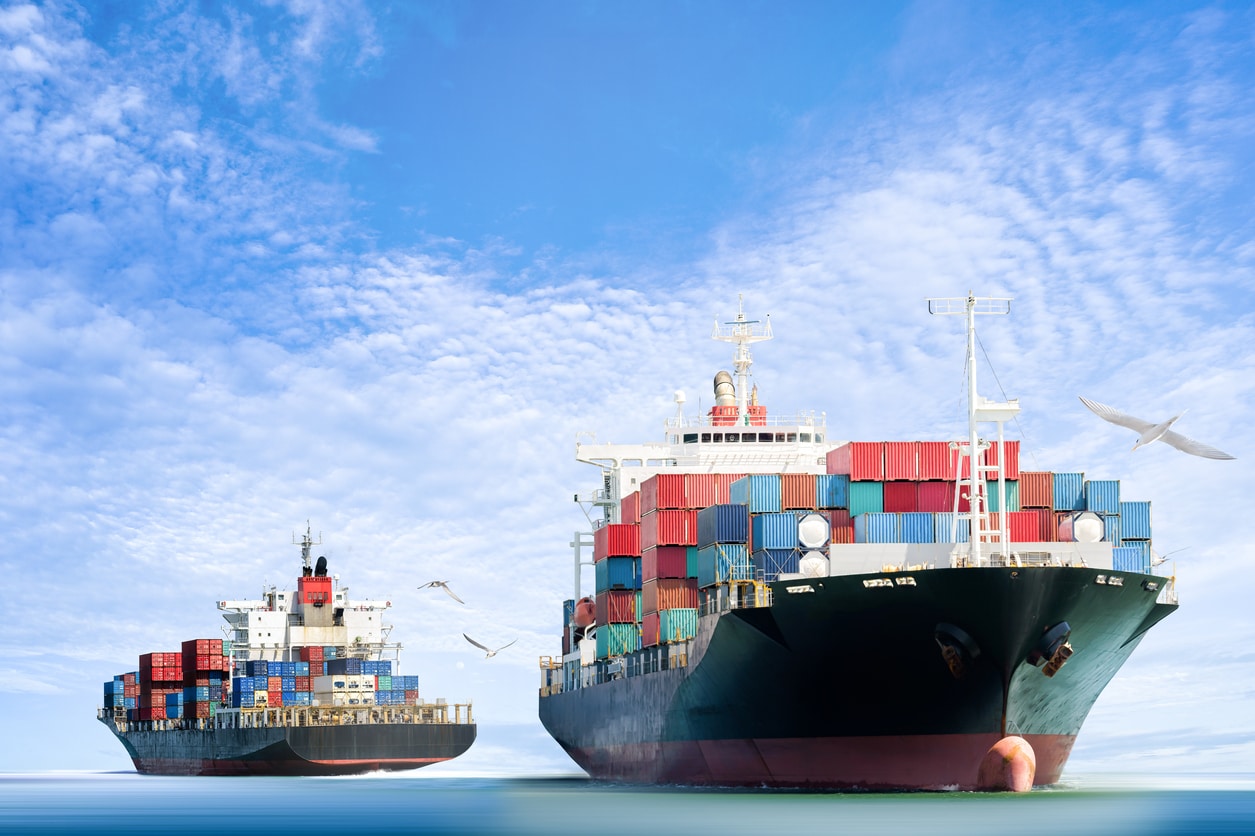Many businesses see an opportunity to take advantage of a GSA Schedule, but often come up with the question: what is TAA compliance and how does it affect my company?
The Trade Agreements Act (TAA) was created to foster fair international trade with certain designated countries. Companies who are working with foreign-made products or services need to be aware of what companies are restricted in order to remain compliant with the TAA and GSA. The U.S. Government was required to only obtain products and services that were made in the United State or end products from TAA comlipant countries.
As a department of the government, this rule also applies to the GSA, meaning that the GSA requires that products and services that are sold by contract holders are made in the U.S. or TAA compliant countries.
While it’s easy to understand what the TAA Compliance Act is, it’s another thing to understand how it applies to your company and why it should be important to remain TAA Compliant while you’re under a GSA Schedule Contract.
The biggest part of understanding what is TAA compliant is knowing what countries to watch for, so that you’re not doing business in a place that’s going to violate your GSA Schedule terms and conditions. The main countries that you need to watch for are China, Russia, India, and Malaysia. These countries are all on the not compliant list, and can cause a lot of problems for your business if you try to sell products or services from these countries through a GSA Schedule. If your products are fully made in the United States or 50% of your product is from a designated country you don’t have to worry.
The full list of countries that are not TAA Compliant are:
- China
- India
- Indonesia
- Iran
- Iraq
- Malaysia
- Pakistan
- Russia
- Sri Lanka
When you have a GSA Schedule, you’re required to agree that any products or services that you sell have been substantially transformed if they’re coming from the outside of the United States. So it’s important that you’re choosing the appropriate manufacturer when you’re looking for someone to provide you materials.
“Substantially transformed” means transforming a product into a new and different article of commerce, with a name, character, or use distinct from the original product. You might face the situation that a product has to be assembled in several different countries, but the rule of substantially transformed applies to the last country that the product is in before it comes to the United States. As long as 50% of the production is done in a TAA compliant country, you’re in the clear.
Your Responsibility in TAA Compliance
The responsibility for making sure your products and services are TAA compliant falls completely on your business, and if your products have been substantially transformed that falls on you as well. This is why it’s important to know what is TAA compliant related to your business, because no one else is going to check on this for you.
If you are going to be bringing in materials from outside the United States, knowing what is TAA compliant will help your business remain in check. Along with being aware of what’s compliant, there are a few things you should have to make sure you don’t run into any issues:
- Keep documentation of every agreement that comes from your supplier, including a letter of supply
- Always have the proper, correct documentation of the country of origin including the origin markings, the country of origin code, and the most current country of origin
- Have a detailed inventory of any and all sample products, product markings, and product matching
- Make sure you’re up to date on any new U.S. Customs Border protection information
- Participate in product market sampling and training on a regular basis
- If you notice one, you have to research any issues with TAA compliance in order to remove the issue quickly
- Seek professional help if you’ve done a significant amount of sales with a country that is not TAA compliant
Consulting the Experts
Taking these steps will help you better understand what is TAA compliant and what’s not. Having a system in place will make sure that you can catch any issues before they become out of control, but ultimately the best thing you can do for your company is to talk to a professional if you ever have any questions. An expert in government contracting can help you quickly determine if you’re having any issues with TAA Compliance and guide you to a swift solution.




